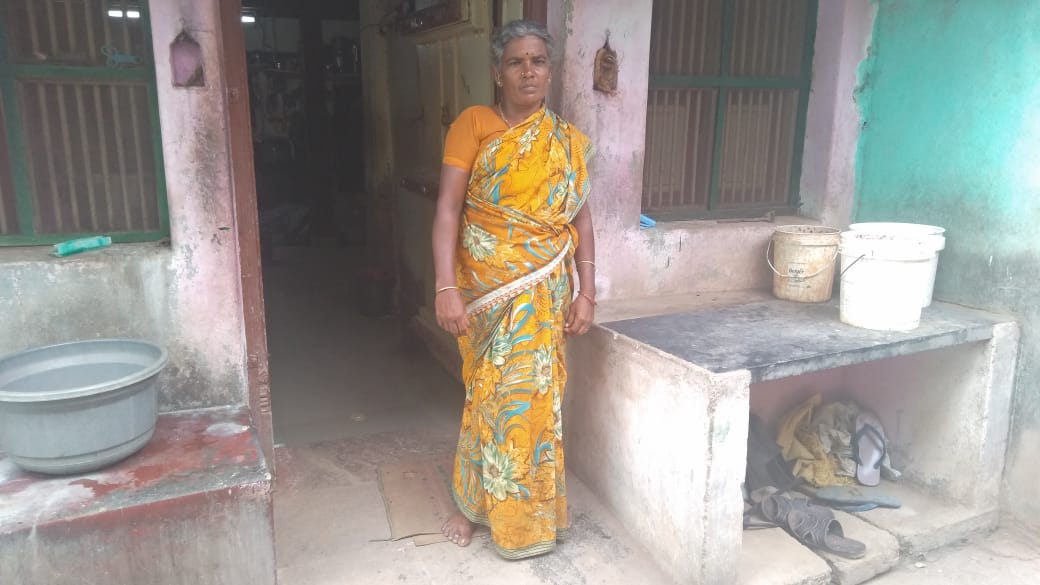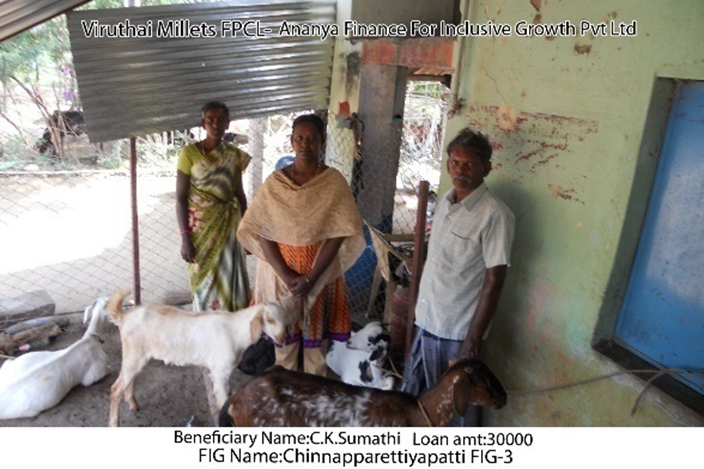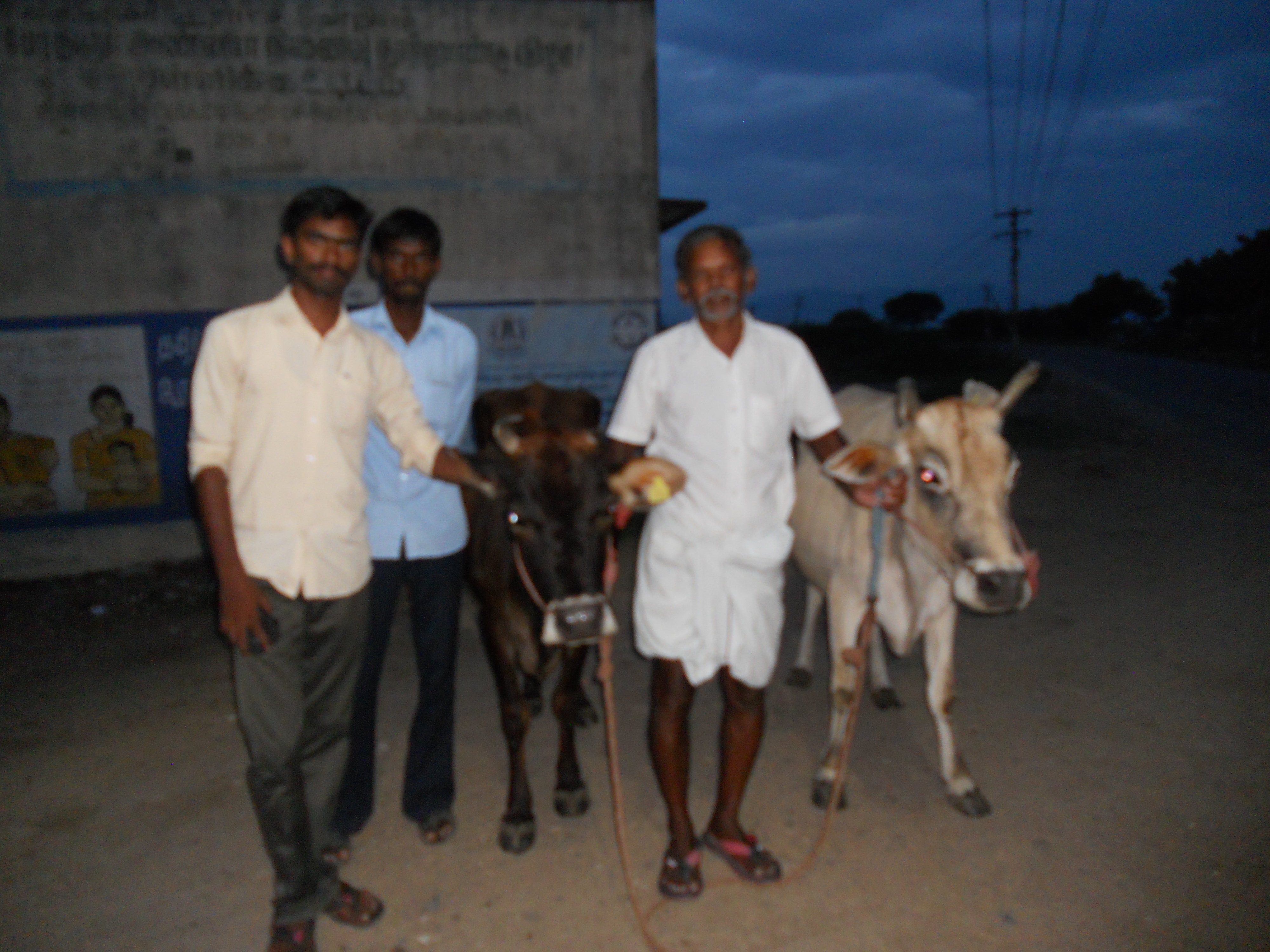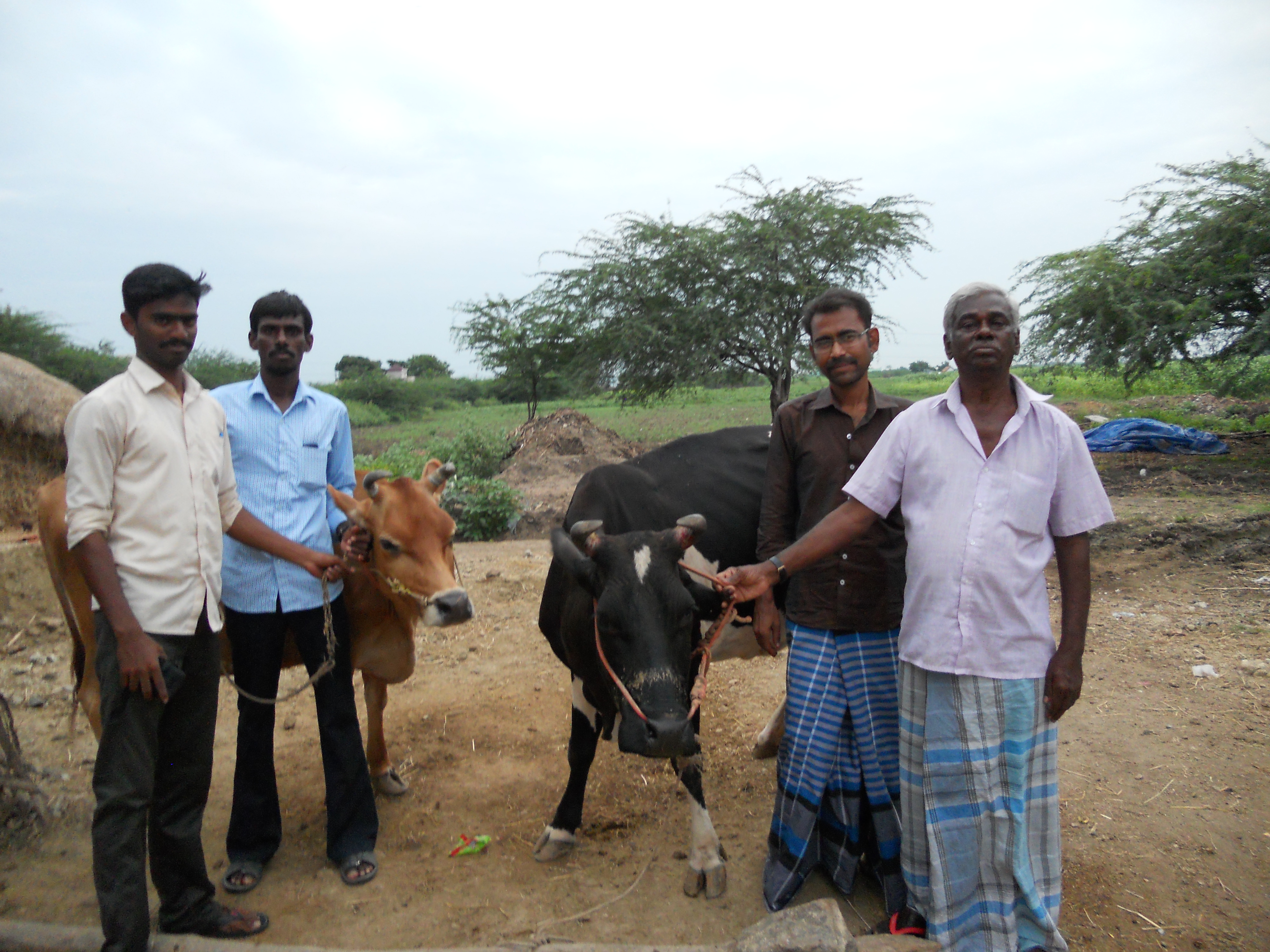Case study on Sustainable income from dairy - Empowering rural women
Introduction
In a male dominated society, where women empowerment seems to be highly a question mark. The concept of women empowerment shows that the society has given a raw deal to women-Who comprise nearly fifty percent of the population and women themselves have to come forward to fight for their rightful place in all walks of life and prevent their exploitation in every field. In this case study you can find a woman who seems to be come forward to face the challenges in all her walks of life through dairy farming.







